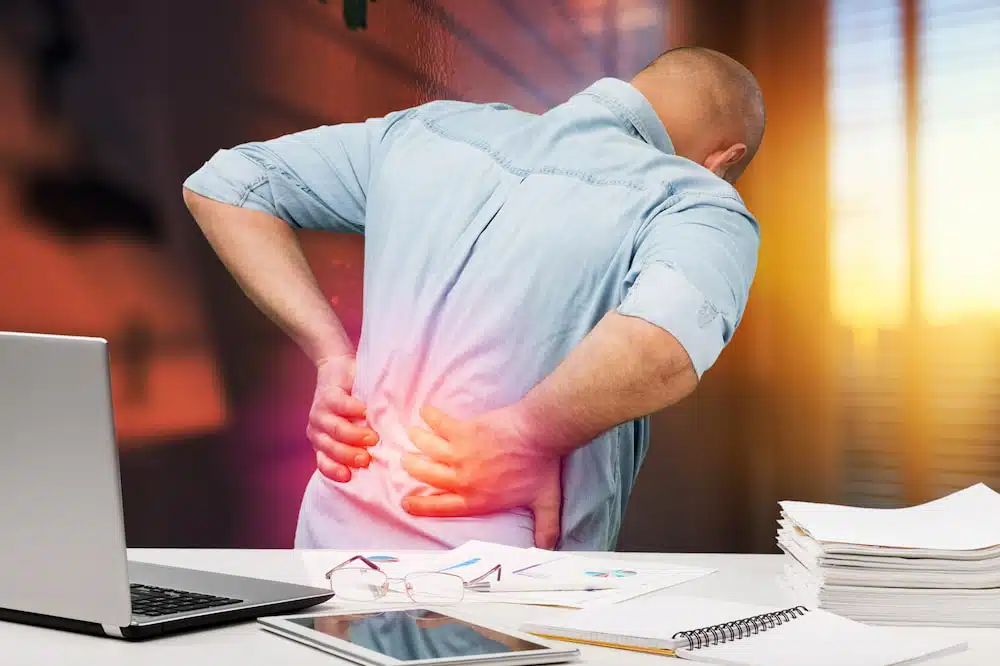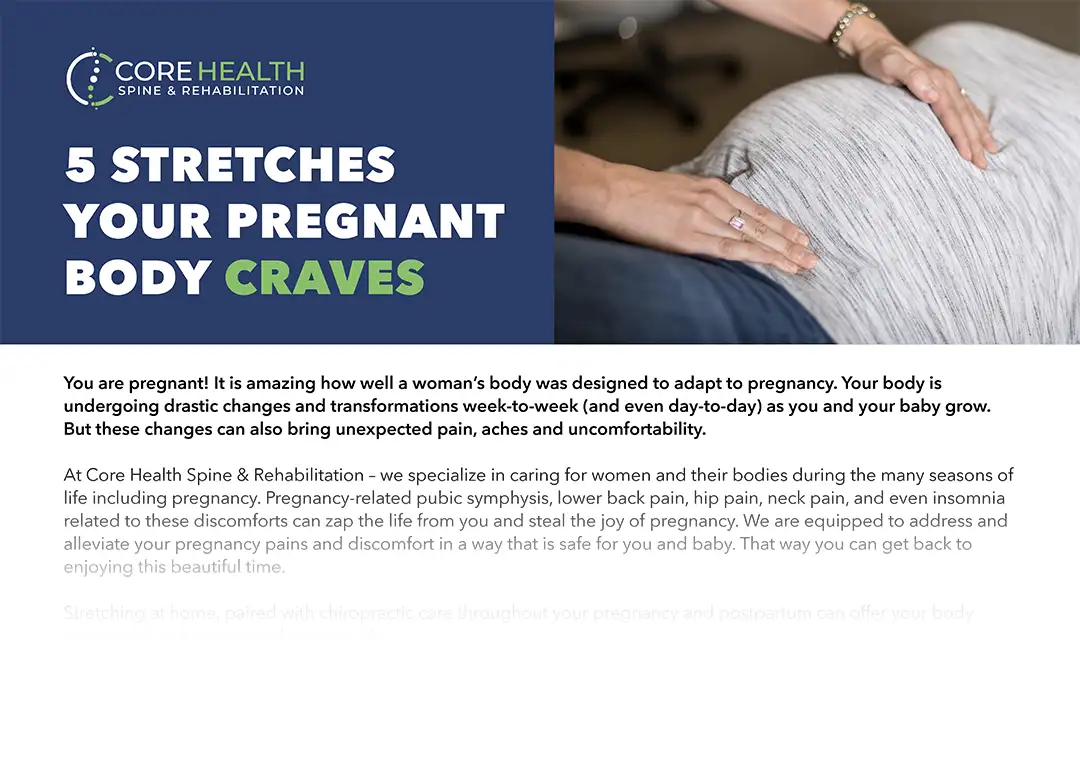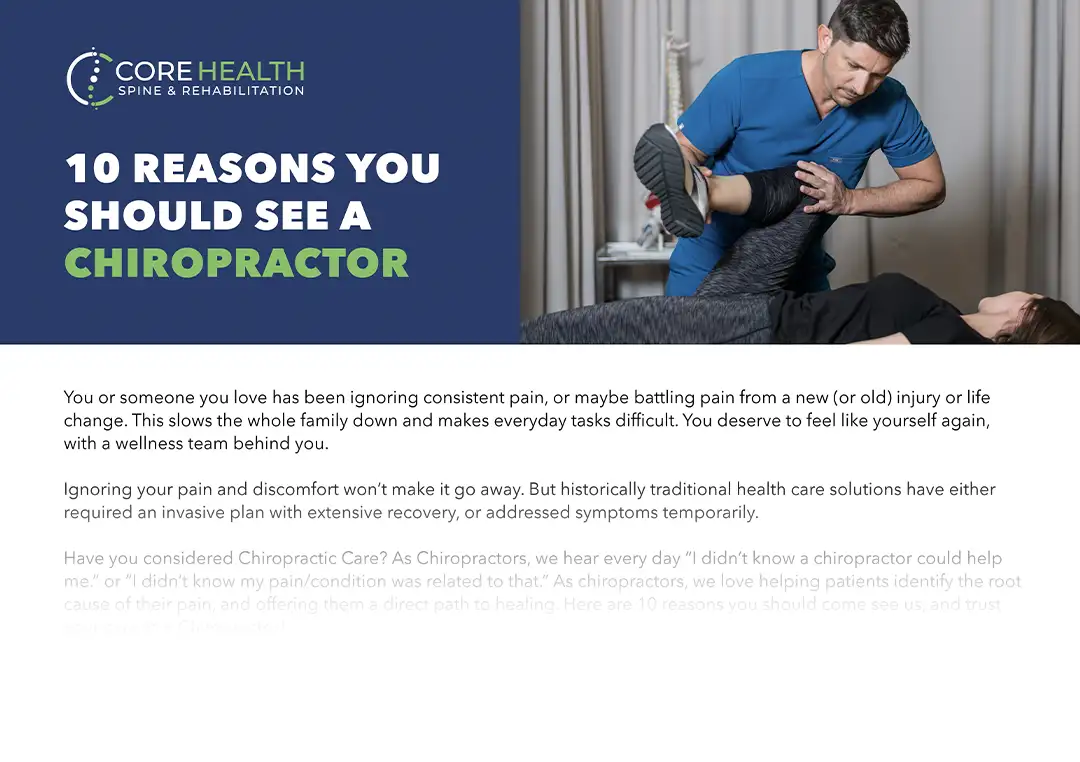What Are the Different Types of Pain Management?

Pain is a human experience, but some forms of pain are more impactful than others. Did you know that 24.3% of Americans suffer from chronic pain in 2023 alone? Their condition affects their daily lives, keeping them from living comfortably and worry-free.
If you’re one of them, know that you don't have to endure it helplessly. There are many natural, nonsurgical ways to alleviate pain effectively. Let's explore the different types of pain management to help you find the treatment that suits you best.
Understanding Pain and Why Management Is Important
Let's first talk about the two types of pain, as each has a different approach to relief.

- Acute pain passes when you recover from the condition. Take a fracture, for instance. It's excruciating but goes away as soon as the bone heals.
- Chronic pain is long-lasting, typically for months or years after you've healed from its original cause. Even worse, it can happen on and off or nonstop.
Both cases impact your physical and psychological well-being, albeit in different severity. After all, it’s challenging to proceed with your daily routines with intense pain. Thankfully, you can obtain adequate pain relief to remove this debilitating problem from your life.
Different Types of Pain Management
You don't have to go under the knife for much-needed acute or chronic pain relief. Let's discuss the types of pain management procedures your specialist might recommend.
Medication-Based Pain Management
One of the most straightforward approaches to reducing pain is pain medicine.
- Nonsteroidal anti-inflammatory drugs (NSAID) reduce inflammation and block pain signals. Ibuprofen and aspirin are common examples.
- Opioids alter pain perception by binding to opioid receptors in the brain and spinal cord.
- Muscle relaxants relieve muscle spasms by depressing the central nervous system.
Keep in mind that using these medicines long-term could lead to kidney problems, ulcers, and other conditions, so talk with your physician before taking them.
Nonsurgical Pain Treatments
Nonsurgical pain treatments work without the need for medications and their unfortunate side effects.

- Chiropractic adjustments reduce pain by realigning the spine and relieving nerve pressure.
- Physical rehabilitation strengthens muscles, reducing stiffness and preventing future pain.
- Acupuncture stimulates specific points in the body to relieve pain and promote healing.
Natural Pain Management Techniques
If you want something even more natural, consider massage therapy. It's a popular way to relax painful muscles, tendons, and joints. It could even close the "pain gate" by preventing pain signals from reaching your brain, so it’s ideal for mild to moderate pain.
Stretching exercises are effective, too. They promote healthy blood flow and loosen tight muscles, tendons, and joints that have been causing pain. Mind–body techniques like meditation and yoga improve your pain tolerance.
Interventional Pain Management
This approach to pain management is a go-to choice among people with chronic pain that won't respond to other treatments.
- Epidural steroid injections reduce nerve pain from herniated discs and spinal stenosis by decreasing inflammation.
- Corticosteroid shots relieve pain and swelling from arthritis, tendinitis, and bursitis.
- Radiofrequency ablation uses heat to disable pain-causing nerves in the neck, back, and joints.
Lifestyle Modifications and Preventative Care
Like any health-related concern, your lifestyle has a significant impact on pain.

Take diet, for example. A recent study revealed a connection between poor eating habits—which ultimately cause malnutrition—and chronic pain. Another study found that sedentary people with over 10 hours of inactivity daily have a higher risk of chronic knee pain.
If you're suffering from chronic pain, a positive lifestyle change will make a considerable difference in your condition. It's also a way to prevent pain among people who haven't developed any pain-causing condition yet.
Choosing the Right Pain Management Approach
There are many more pain management approaches, but the best one for you depends on your circumstances. After all, your treatment needs will change based on preferences, pain severity, and underlying conditions.
Fortunately, you don't have to choose one on your own. A medical professional can develop a tailor-fit pain management plan that addresses your unique needs, allowing you to take the first step toward a pain-free life faster.
Live a Pain-Free Life with Core Health Spine & Rehabilitation
Pain management doesn't have to be scary. Our goal as healthcare professionals is to inform you of the types of pain management procedures you have at your disposal.
Use this information to discuss with your healthcare provider the best long-term solution to your problem. We're rooting for you to finally regain control of your body!
Let's talk about your treatment plan. Core Health Spine & Rehabilitation offers pain management solutions using chiropractic care, physical rehabilitation, and other noninvasive procedures, enabling you to live a healthy, happy life.
Schedule an appointment with us today!



